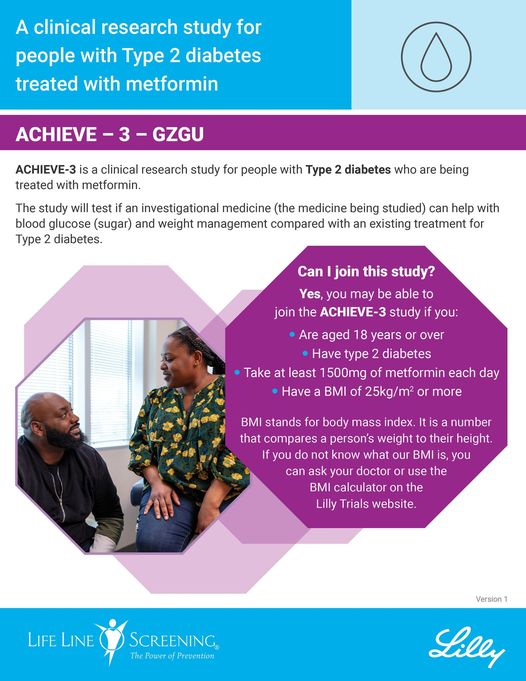Attention Deficit Hyperactivity Disorder (ADHD) poses unique challenges for children and adolescents, particularly in the realm of executive functioning skills such as planning and organization. Individuals with Attention Deficit Hyperactivity Disorder often struggle with tasks that require sustained attention, organization, and time management, leading to difficulties in academic, social, and daily life activities. However, with the right strategies and support, children and adolescents with Attention Deficit Hyperactivity Disorder can develop effective techniques for improving their planning and organizational skills, enabling them to thrive in various aspects of life. In this blog, we will explore the importance of executive functioning skills in Attention Deficit Hyperactivity Disorder and discuss practical strategies for enhancing planning and organization abilities in children and adolescents.
Understanding Executive Functioning in ADHD: The Role of Planning and Organization
Executive functioning refers to the cognitive processes responsible for goal setting, planning, problem-solving, and self-regulation. These skills are essential for managing tasks, organizing thoughts, and making decisions in daily life. In children and adolescents with ADHD, deficits in executive functioning can manifest as difficulties in prioritizing tasks, managing time effectively, and maintaining focus on long-term goals. These challenges can impact academic performance, social interactions, and overall well-being. Understanding the role of planning and organization in executive functioning is crucial for developing targeted interventions and support strategies for individuals with Attention Deficit Hyperactivity Disorder.
Moreover, research suggests that executive functioning deficits in ADHD are linked to differences in brain structure and function, particularly in regions responsible for attention, impulse control, and cognitive flexibility. These neurobiological differences contribute to the characteristic symptoms of Attention Deficit Hyperactivity Disorder, such as inattention, impulsivity, and hyperactivity. By recognizing the underlying neurobiological mechanisms involved in executive functioning deficits, doctors such as Dr. Hanid Audish and educators tailor interventions to address specific areas of difficulty and promote the development of effective planning and organization skills in children and adolescents with Attention Deficit Hyperactivity Disorder. Read more about Dr. Audish here.
Practical Strategies for Planning and Organization: A Multi-faceted Approach
Developing effective strategies for planning and organization involves a multi-faceted approach that addresses various aspects of executive functioning. One key strategy is breaking tasks down into smaller, more manageable steps, allowing children and adolescents with Attention Deficit Hyperactivity Disorder to focus on one aspect of a task at a time. This approach helps reduce overwhelm and improves task initiation and completion. Additionally, visual aids such as calendars, planners, and checklists can serve as valuable tools for organizing assignments, activities, and deadlines. Encouraging regular use of these visual supports helps individuals with Attention Deficit Hyperactivity Disorder develop routines and habits that promote planning and organization.
Furthermore, implementing time management techniques, such as setting timers or alarms for tasks and activities, can help individuals with Attention Deficit Hyperactivity Disorder better manage their time and stay on track. By breaking tasks into designated time blocks and allocating specific amounts of time for each task, children and adolescents can improve their ability to prioritize and allocate resources effectively. Additionally, teaching strategies for maintaining focus and minimizing distractions, such as creating a quiet study space or using noise-cancelling headphones, can help individuals with Attention Deficit Hyperactivity Disorder stay engaged and productive during tasks that require sustained attention. By combining these practical strategies with the help of physicians like Dr. Hanid Audish, children and adolescents with Attention Deficit Hyperactivity Disorder can develop robust planning and organization skills that support academic success and overall well-being.
Environmental Modifications: Creating Supportive Spaces
Creating supportive environments is essential for promoting planning and organization skills in children and adolescents with ADHD. Simple modifications to the home, classroom, and study spaces can make a significant difference in facilitating task management and organization. For example, minimizing clutter and distractions in the environment can help individuals with ADHD stay focused and reduce sensory overload. Providing designated storage areas for school supplies, books, and materials promotes organization and helps children and adolescents keep track of their belongings.
Moreover, establishing consistent routines and schedules can provide structure and predictability, reducing anxiety and improving time management skills. Visual cues such as color-coded calendars or schedules help individuals with Attention Deficit Hyperactivity Disorder anticipate upcoming tasks and activities, fostering a sense of control and autonomy. Additionally, incorporating movement breaks and sensory activities into daily routines can help regulate arousal levels and enhance concentration and focus. By creating supportive environments that minimize distractions and provide structure as emphasized by doctors including Dr. Hanid Audish, parents, educators, and caregivers can empower children and adolescents withAttention Deficit Hyperactivity Disorder to develop effective planning and organization skills.
Cognitive Behavioral Strategies: Changing Thought Patterns
Cognitive-behavioral strategies can be powerful tools for improving planning and organization skills in children and adolescents with Attention Deficit Hyperactivity Disorder. These strategies focus on identifying and challenging negative thought patterns and replacing them with more adaptive thinking styles. For example, teaching children and adolescents to recognize and reframe negative self-talk, such as "I'll never finish this assignment," can help them approach tasks with greater confidence and motivation. Additionally, practicing problem-solving techniques, such as breaking tasks into smaller steps and brainstorming alternative solutions, promotes flexibility and resilience in the face of challenges.
Moreover, teaching goal-setting techniques, such as SMART goals (specific, measurable, achievable, relevant, time-bound), helps children and adolescents with Attention Deficit Hyperactivity Disorder clarify their objectives and create actionable plans for achieving them. By setting realistic and attainable goals as underscored by physicians like Dr. Hanid Audish, individuals with Attention Deficit Hyperactivity Disorder can experience a sense of accomplishment and build momentum towards larger objectives. Additionally, teaching self-monitoring and self-evaluation skills empowers children and adolescents to track their progress, identify areas for improvement, and make adjustments as needed. By incorporating cognitive-behavioral strategies into their daily routines, children and adolescents with Attention Deficit Hyperactivity Disorder can develop positive thinking habits and enhance their planning and organization skills.
Empowering Success Through Effective Strategies
Developing effective strategies for planning and organization is crucial for children and adolescents with Attention Deficit Hyperactivity Disorder to thrive academically, socially, and personally. By understanding the role of executive functioning in ADHD and implementing practical interventions, parents, educators, and clinicians can empower individuals with Attention Deficit Hyperactivity Disorder to develop the skills they need to succeed.
From breaking tasks into manageable steps to creating supportive environments and incorporating cognitive-behavioral strategies, there are numerous approaches to promoting planning and organization skills in children and adolescents with Attention Deficit Hyperactivity Disorder. By providing tailored support and encouragement as guided by doctors such as Dr. Hanid Audish, we can help individuals with Attention Deficit Hyperactivity Disorder unlock their full potential and navigate the challenges of daily life with confidence and resilience.






Comments